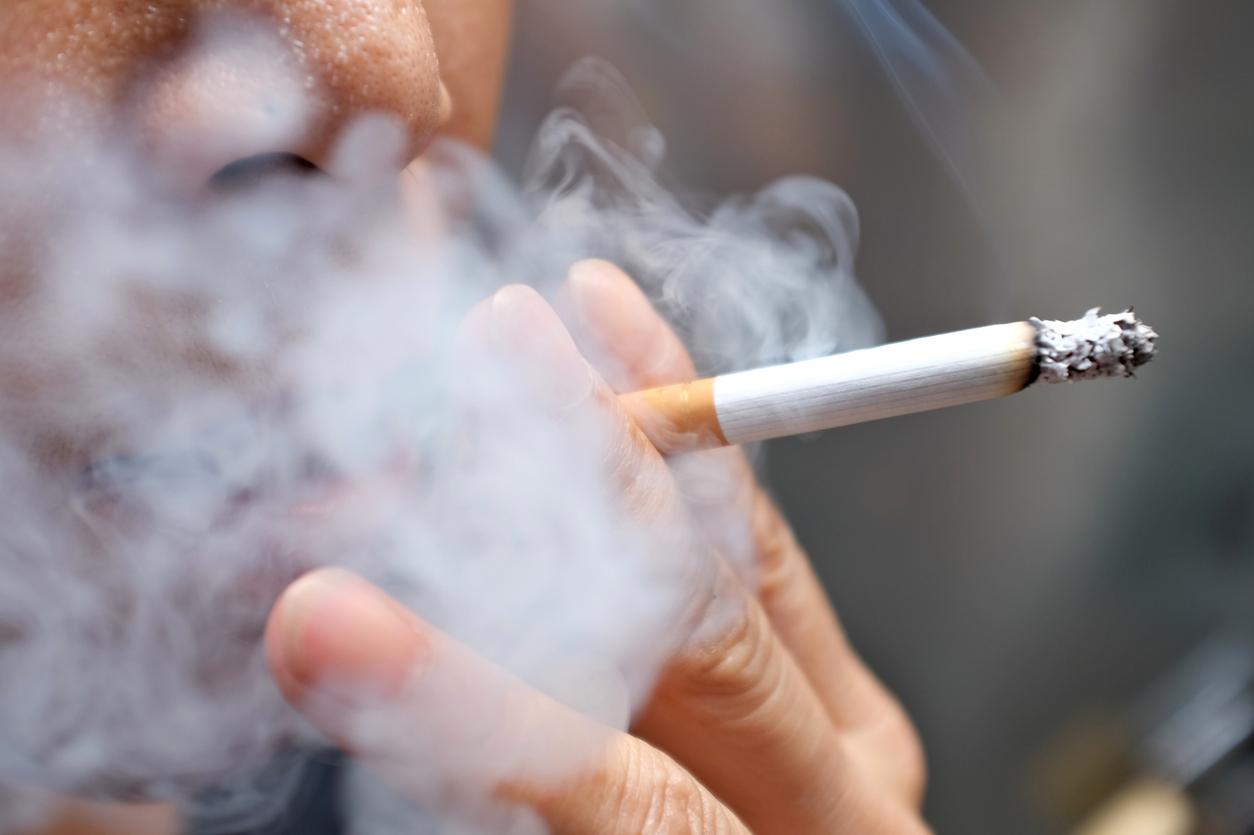A Canadian study shows the effectiveness of varenicline, a drug marketed in the form of tablets, to stop smoking in the year following a myocardial infarction.

It is known that tobacco considerably increases the risk of cardiovascular problems, such as heart attack or stroke. And continuing to smoke after a heart attack increases the risk of recurrence. And therefore death.
Canadian researchers have tested the effectiveness of a treatment to stop smoking, varenicline, sold in France under the name Champix, and partly reimbursed by social security.
The results are published in the Canadian Medical Association Journal.
Varenicline being tested after acute coronary syndrome
The trial involves 302 patients admitted to centers in the United States and Canada for acute coronary syndrome. Acute coronary syndrome is the obstruction of one or more coronary arteries. Chest pain occurs and persists even after the triggering factor (sports activity or stress). After several hours, the part of the myocardium which is no longer vascularized necroses … we then speak of an infarction.
All of these patients were smokers, to the tune of at least ten cigarettes per day. And they were all motivated to quit. One group received varenicline for twelve weeks. The other group was given a placebo.
Patients weaned one year later
One year after their myocardial infarction, approximately 40% of patients who received varenicline no longer smoked. With the placebo, they were 29%. Those who halved their daily tobacco consumption were also more numerous among those who received the treatment (57.8% versus 49.7% for the placebo). In addition, the rate of adverse reactions was the same for both groups.
” This suggests that varenicline is safe for these patients. Says Dr. Mark Eisenberg of the Jewish General Hospital, a teaching hospital of McGill University in Montreal, Quebec. However, new strategies should be put in place. Because one year after their acute coronary syndrome, 60% of patients have resumed smoking.
A treatment that is debated
In France, the effectiveness of varenicline is recognized, but its side effects have been debated. Suspected of causing depression, suicidal thoughts and cardiovascular problems, the High Authority for Health (HAS) had decided, in 2011, that it is no longer reimbursed by social security.
But several studies have since contradicted these claims, and the researchers then called on the HAS to reconsider its judgment. It’s been done since last year. But varenicline should be administered only in people with a strong tobacco dependence, and as a second line, that is to say when substitution treatments (patches for example) have not been effective.

.














